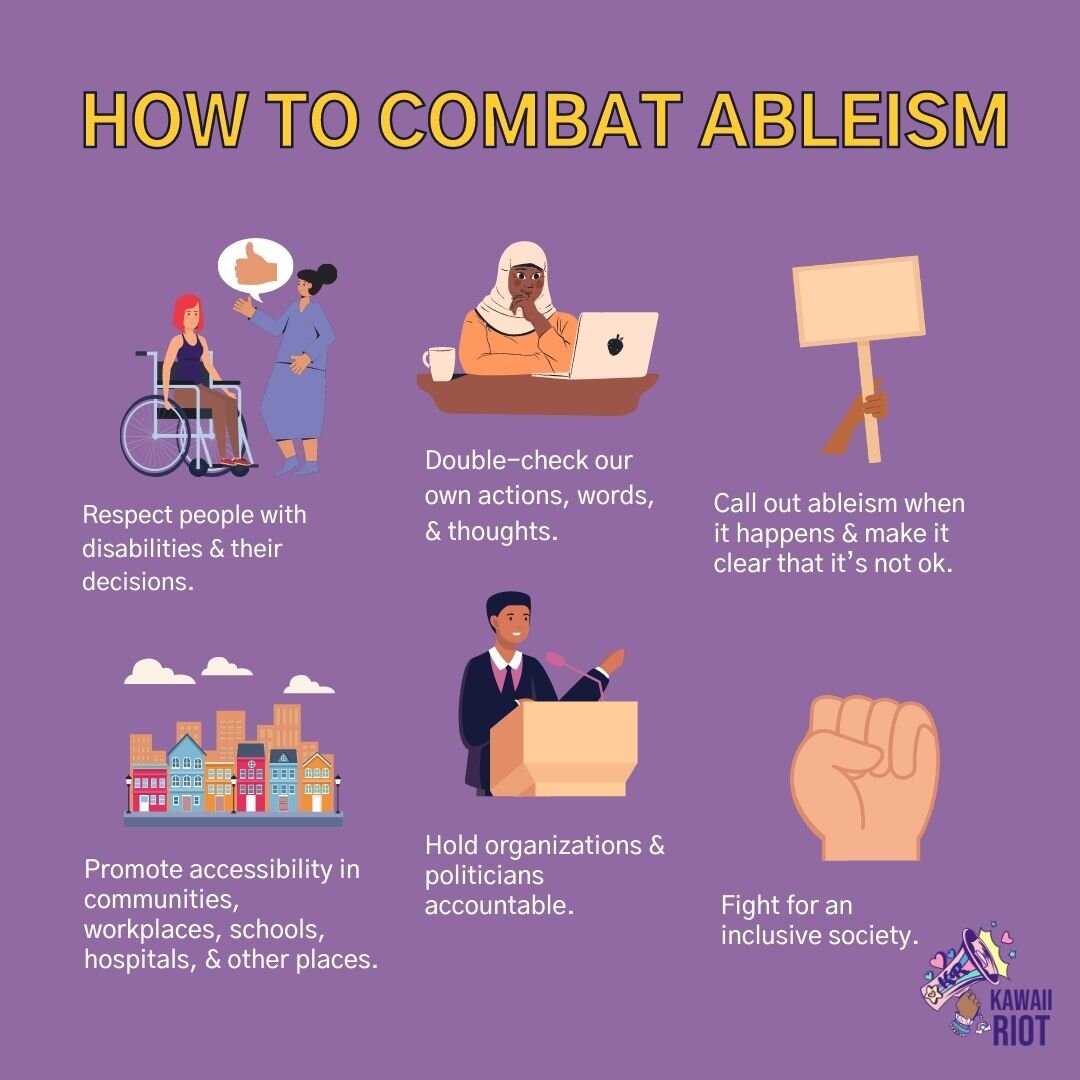Ableist Assumptions
"As Penny explains, 'She was aghast that I expected that Joe would one day be employed'. Another event added further clarification. At a workshop for parents of disabled kids, Penny was told that she had to go through a period of mourning the arrival of her disabled child. Deeply insulted, Penny's response was, 'I have lost a child at birth and I have had a disabled child. I know the difference. My son is a gift not a tragedy" (Hehir, 2).
Penny, Joe's mother, has every right to be upset with what the people at this workshop said to her! The stigma that disabled children are not a blessing to the world just as much as able-bodied people is so incredibly wrong. It is also stated in this section of the article that Penny had to fight for the same educational rights for her child that everyone else got no problem. The ableism that Hehir touches upon in just this first section is crazy and it's so amazing that there are now laws that protect students and their education, no matter what.
Ableism and Schooling
"Applied to schooling and child development, ableist preferences become particularly apparent. From an ableist perspective, the devaluation of disability results in societal attitudes that uncritically assert that it is better for a child to walk than roll, speak than sign, read print than read Braille, spell independently than use a spell-check, and hang out with nondisabled kids as opposed to other disabled kids, etc. In short, in the eyes of many educators and society, it is preferable for disabled students to do things in the same manner as nondisabled kids" (Hehir, 3).
With these stigmas in place, it's incredibly hard for disabled students to feel like they belong and can use the resources that can help them. By using this ableist ideology, children are going to start feeling left out and resentful to the fact that they need to use different resources to help them in their lives. If we embrace resources such as Braille or Sign Language or all types of children spending time together, then we help to break the stigma. Things are changing but we as the next generation need to make sure things continue to get and be better by educating ourselves and others.
Education of the Deaf
"In the 1970s, important research in linguistics confirmed what many deaf people already knew: that ASL was a language with its own syntax and grammar, and that manual language developed naturally in deaf children similarly to the way oral language developed in hearing children" (Hehir, 7)
It's truly important for Deaf children to have access to the best resources for their communication. Nowadays, people have more access to learn sign language so Deaf and hearing people can learn and communicate with each other. I've personally taken ASL 101 at RIC and it has been so helpful because I can communicate with some of my regulars at the restaurant I work at so much better. Signing is such an amazing resource to use and gives access to people who need it.
Linked is an article discussing how ableism is created in this world and what we as a community can do to de-root it: #Ableism

No comments:
Post a Comment